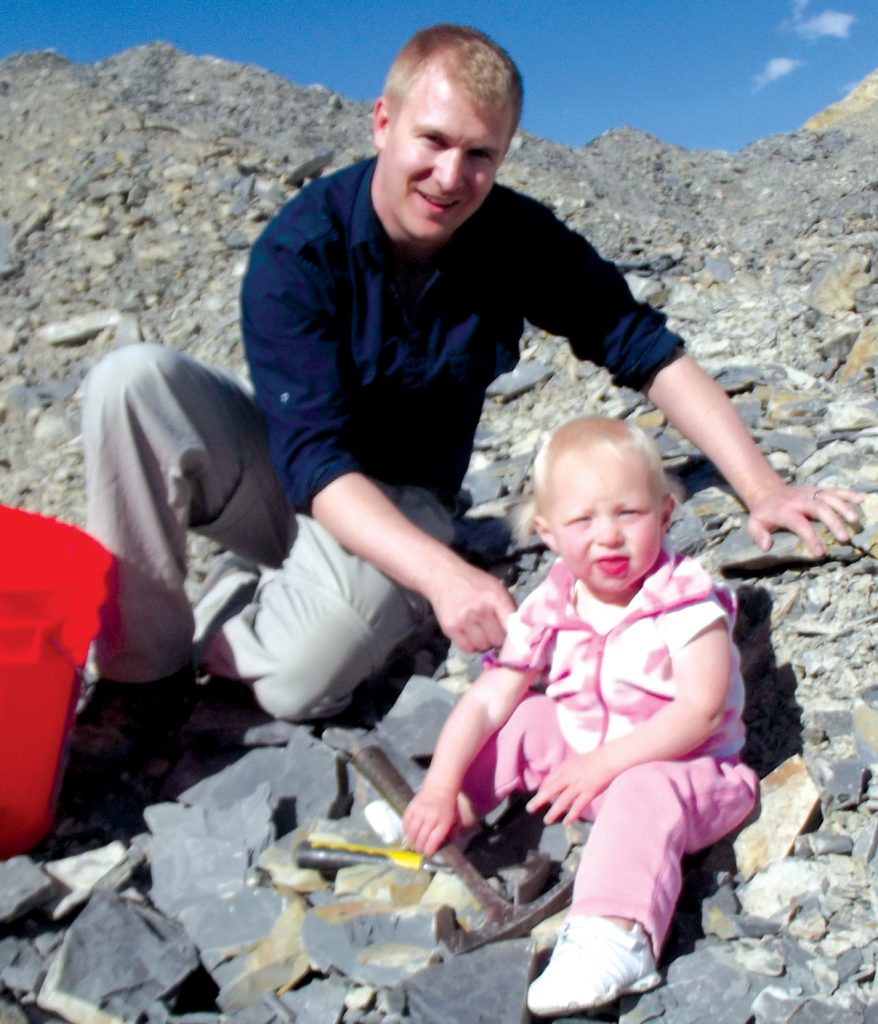Carolyn “Carol” Widney Greider
Dear Bridgette,
It is no secret that biology holds special interest in my life. I speak of it regularly, participate actively and study rigorously its secrets. There is so much that we can apply to our lives and take inspiration from, the discoveries in the field over the centuries have been world-changing. The personification of scientific principles is a powerful way to help grasp concepts that may otherwise prove difficult to master.

This archived article was written by: Nathaniel Woodward
Dear Bridgette,
It is no secret that biology holds special interest in my life. I speak of it regularly, participate actively and study rigorously its secrets. There is so much that we can apply to our lives and take inspiration from, the discoveries in the field over the centuries have been world-changing. The personification of scientific principles is a powerful way to help grasp concepts that may otherwise prove difficult to master.
A field of biology that has exploded in relevance since Franklin, Watson and Crick discovered the structure of DNA 60 years ago, is genetics, or more correctly, what has exploded is the implications and applications it has to our lives. From new treatments for long ailing diseases to designer babies, genetics has shown us proof of our evolutionary past, linked us to those long dead and showed us what we may become in old age.
One of the first things you learn in biology are the steps of cell division and replication called mitosis (in normal cells) and meiosis (in reproductive cells). These steps copy the specialized organelles within the cells that carry out the functions that make life possible, especially the copying of genetic material or DNA.
During the early stages of cell replication, the DNA within your cell’s nucleus in the form of 23-paired chromosomes (tightly wound packages of DNA), begin to unravel and copy themselves so the new cell may itself have the correct number of chromosomes. While these steps have been observed and understood for many years now, for some time it was a mystery how these chromosomes didn’t lose much, if any, information during all this shuffling.
Carolyn “Carol” W. Greider was a student studying genetics at The University of California-Berkeley who helped make a discovery that would solve this puzzle and change what we knew about genetics and cell replication. Looking over the great scientific discoveries of time, it may seem unlikely that anyone without a doctorate would be able to make any real contribution, which is something I’d like to clear up. Great scientific discoveries have been, and will continue to be, discovered by anyone willing to learn and apply themselves in a field they have a passion and patience for.
While studying as a graduate student at Berkeley, Greider was presented with a problem she found intimidating, and attacked it head on. In her efforts she helped discover the enzyme telomerase, a key molecule that helps replace and protect the parts of the chromosomes, the telomeres, most likely to get lost in translation into a new set of chromosomes. Without telomerase, our chromosomes over the generations would continue to lose information, the results of which would end our species’ ability to survive.
This discovery paid off big time for Greider and the other two scientists she worked with on the project. The Nobel Prize was awarded to them in 2009. Greider proved that although one may seem unqualified and be intimidated by a problem that seems impossible to solve, they can triumph and change the world.
The enzyme telomerase is a wonderful example of something we can apply to our lives. Like our chromosomes, the stress and difficulties of progressing and moving through the natural functions of life, even those which completely undo who we are and “unwind” us, can be made right through the assistance of others. It is easy to lose pieces of ourselves over time, and without a little help, we could even lose who we are entirely. If you feel under-qualified for something, rely on the help of others, those around you, who can build you back up, help you remember who you were and who you can become. Never lose sight of the accomplishments made possible by digging your heels in and attacking a problem head on; an untold discovery may lay immediately in front of you, just waiting for that final push. Never, ever, ever give in to defeat. I’ll always be there to help wind you back up.
-Dad




